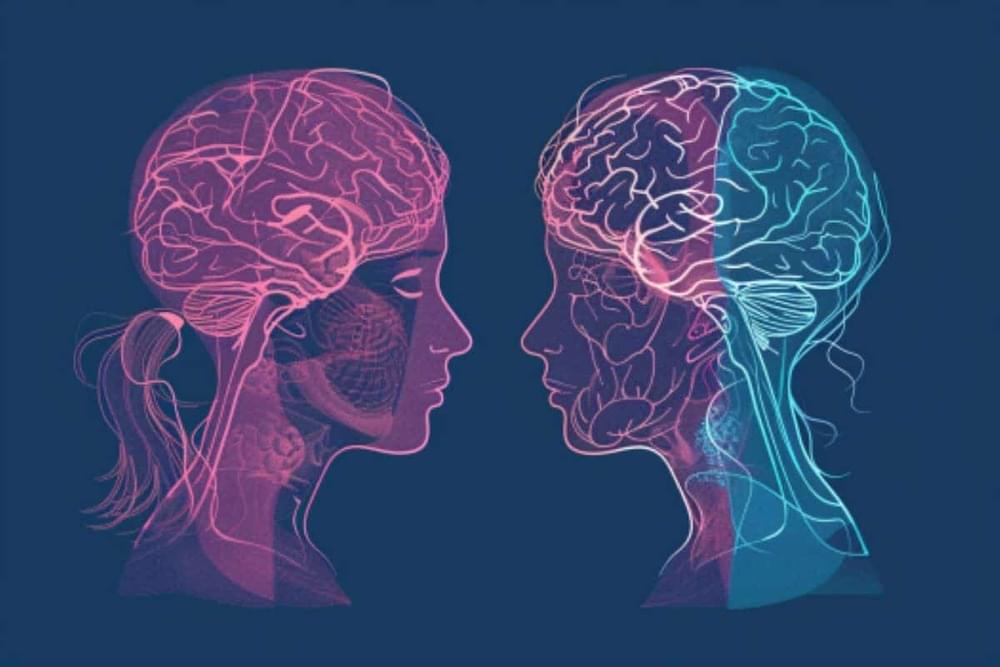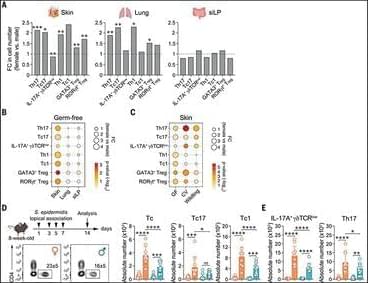May 16, 2024
AI Uncovers Hidden Differences in Male and Female Brain Structures
Posted by Genevieve Klien in categories: biotech/medical, robotics/AI, sex
Summary: Researchers use AI to reveal distinct cellular-level differences in the brains of men and women, focusing on white matter. These findings show AI can accurately identify sex-based brain patterns invisible to human eyes.
The study suggests that understanding these differences can enhance diagnostic tools and treatments for brain disorders. This research emphasizes the need for diversity in brain studies to ensure comprehensive insights into neurological diseases.

















